14 Ways to Shed Pounds After 40

Age Matters
If you’re over 40, you may have noticed that it’s easier to gain weight -- and harder to lose it -- than it used to be. Changes in your activity level, eating habits, and hormones, and how your body stores fat all can play roles. But a few simple steps may help you slim down.
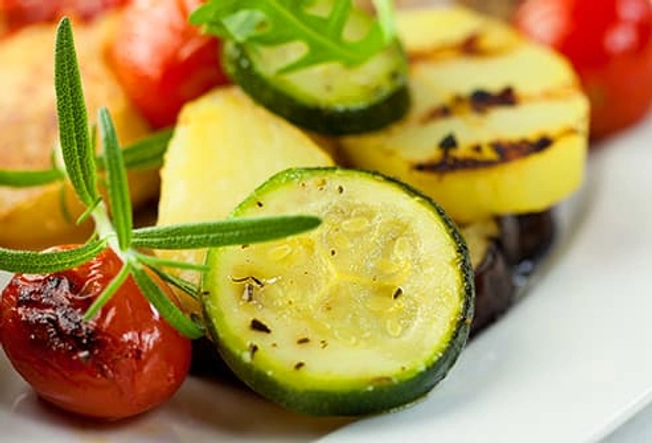
Eat Your Fruits and Veggies
Fill half your plate with them at every meal. Produce tends to have more nutrients and less fat and calories than meat, dairy products, or grains. And it may help you feel satisfied, even if you eat less. Fresh fruits, like apples and berries, are also great in place of high-fat or high-sugar snacks.
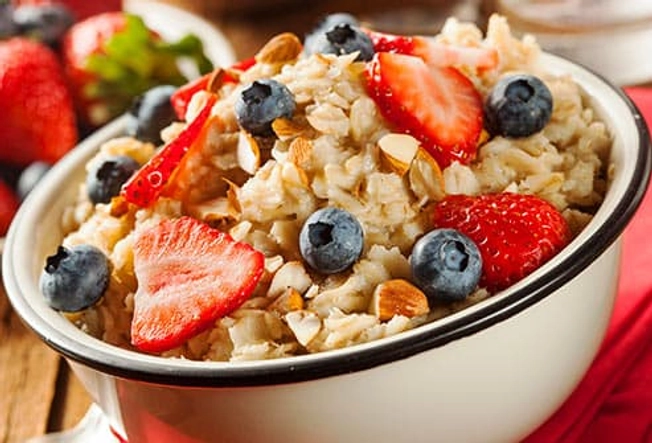
Don’t Skip Breakfast
Experts recommend a healthy morning meal like oatmeal or whole wheat toast with fruit. It can help curb that mid-morning hunger that leads you to grab something unhealthy on-the-go or overeat at lunch. Small meals or snacks every few hours can keep your appetite in check all day long.

Eat Less at Night
If you get most of your daily calories at lunch (before 3 p.m.), you might lose more weight than if you have a big meal later. But the most important thing is still what you eat, not when.
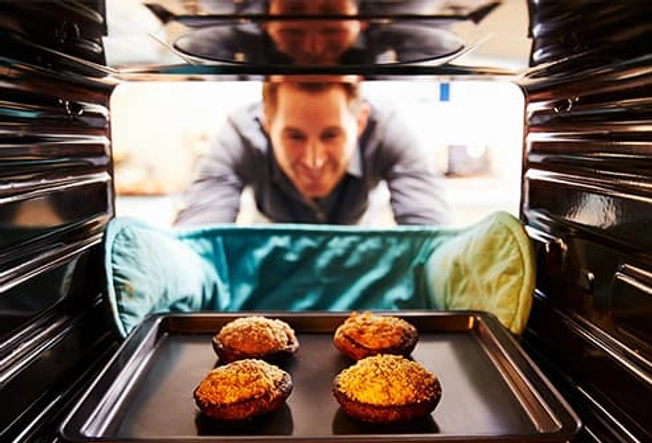
Cook Healthy Meals
A lot of extra fat and calories can come from the way you prepare food. Instead of frying food or cooking it in butter or lots of oil, try grilling, baking, or broiling. This is good advice at restaurants, too: Skip foods that are fried or that come in creamy sauces.

Don’t Make a Second Trip
You tend to be less active as you get older, and you may need a few hundred calories less than you used to. To lose weight, you may need to cut your calories back even more. Smaller portions and tracking your calories with a food diary or an app can help you eat less.

Pay Attention
When you’re busy with work, kids, and life, you can be tempted to grab food on-the-go or multitask through a meal. But you’re more likely to overeat -- and be hungry again soon after -- if you don’t focus on your food. Sit down for meals and tune in to what’s on your plate (not what’s on your TV or computer screen). That helps your brain realize when you’ve had enough.
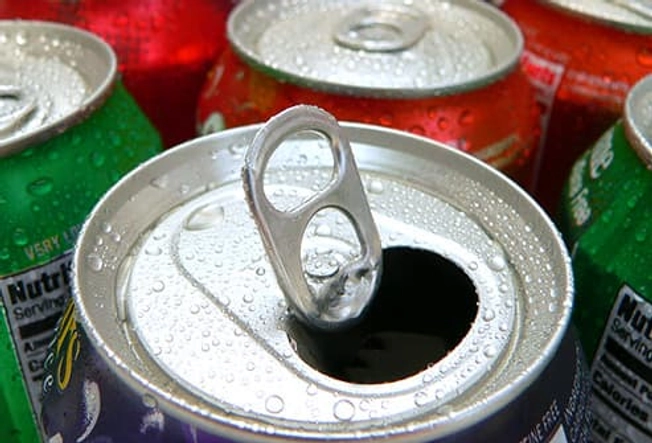
Lay Off the Soda
If you drink sugar-sweetened coffee, tea, soft drinks, or energy drinks, switch to water or another zero-calorie beverage. Your sweet drinks have lots of added sugar, which can make you gain weight and raise your risk for diabetes.
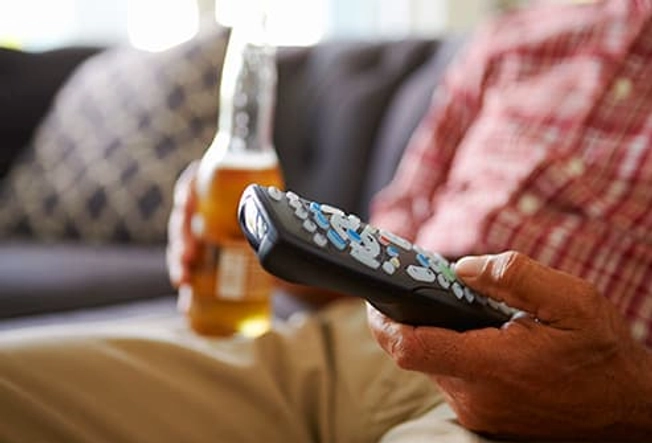
Cut Back on Alcohol
Beer bellies aren’t always caused by booze. But a “spare tire” is common in middle age, and alcohol can have something to do with it. A glass of beer or wine is about 150 calories, and that can add up if you drink often. Plus, alcohol can make you hungry, so you may eat more while you drink.

Make Time for Exercise
Between desk jobs, commutes, and family activities, many 40-somethings don’t have a lot of free time to work out. But it’s important -- for your weight and your overall health -- to fit in at least 2 1/2 hours of moderate physical activity (like brisk walking or light yard work) every week. Pencil times in to your calendar, and make them a priority.
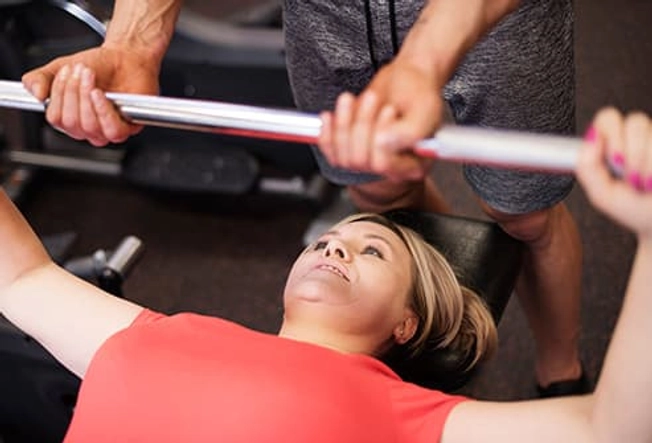
Build Muscle
People naturally lose muscle after 40, especially women after menopause. Because muscle burns more calories than fat, this can slow down your metabolism and make it harder to shake those stubborn pounds. Strength-training exercises -- lifting weights or doing body-weight exercises, like push-ups and squats -- at least twice a week can help you keep those muscles.

Relax, Don’t Stress
Stress can make you more likely to binge on unhealthy food, and it makes it harder for your body to break down fat. Try yoga, deep breathing, meditation, going for a walk, or reading a good book. Stress relief is different for everyone, so find what works for you.

Get Good Sleep
All kinds of things can mess with your sleep after age 40 -- health problems, stress, medications, and, for women, menopause. But people who don’t get good-quality sleep are more likely to gain weight. If you skimp on sleep because you’re busy or stressed, try to change your habits and settle into a regular routine.

Have Your Thyroid Checked
If you eat healthy and exercise regularly and still can’t lose weight, your thyroid might not be working like it should. This happens in about 5% of people, and it's most common in women and people over 60. In addition to weight gain, it can also cause fatigue, joint or muscle pain, and depression. Medications can help, so get it checked if you think it might be an issue.

Get Support
For many people, it’s easier to lose weight with others than to do it alone. You might enter a weight-loss contest at work, join a group on social media, or ask a friend to go for early-morning walks or classes at the gym. Other people who share your goals can help keep you accountable and cheer you on as you make progress.
